The Impact of Intermittent Fasting on Athletic Performance: Timing Your Eating Windows for Optimal Gains
The Impact of Intermittent Fasting on Athletic Performance: Timing Your Eating Windows for Optimal Gains
Athletes seek methods to enhance performance and optimize training outcomes. One popular approach is intermittent fasting (IF). This dietary strategy cycles between eating and fasting periods. Understanding how intermittent fasting affects athletic performance helps athletes make informed dietary choices that support their training goals.
Understanding Intermittent Fasting
Intermittent fasting focuses on when to eat rather than what to eat. Several methods exist, including the 16/8 method. This method restricts eating to an 8-hour window, typically from noon to 8 PM, while fasting for 16 hours. The 5:2 diet allows normal eating for five days and restricts calorie intake to 500-600 calories on two non-consecutive days. Each method impacts the body differently. Athletes must choose a regimen that fits their training schedules and lifestyles.
The Science Behind Fasting
During fasting, your body undergoes metabolic changes. One primary benefit is decreased insulin levels, which facilitate fat burning. As insulin levels drop, your body uses stored glycogen for energy and promotes fat oxidation. Research shows that athletes enhance endurance performance by improving fat utilization during fasting periods.
Fasting also triggers norepinephrine release, a hormone that helps break down fat stores for energy. This metabolic shift can improve body composition, which benefits athletes in weight-classified sports or those aiming to enhance their power-to-weight ratio.
Nutrition Tips for Athletes
Nutrition plays a critical role in maximizing intermittent fasting benefits. What athletes consume during eating windows significantly impacts performance and recovery.
Prioritize Nutrient-Dense Foods
During eating windows, athletes should consume nutrient-dense foods. They need vitamins, minerals, and macronutrients for optimal performance. Include lean proteins, whole grains, fruits, vegetables, and healthy fats in meals. Foods like chicken, fish, quinoa, legumes, leafy greens, and nuts support muscle recovery and overall health.
Athletes should limit processed foods, high-sugar snacks, and refined carbohydrates. These can cause energy crashes and hinder performance. Whole, unprocessed foods maintain sustained energy levels, essential during intense training sessions.
Timing Your Meals
Meal timing plays a crucial role for athletes practicing intermittent fasting. Consuming a balanced meal before training provides necessary fuel for optimal performance.
Conclusion
Intermittent fasting offers potential benefits for athletic performance. Athletes can enhance their training by understanding fasting and focusing on nutrition.
Below are related products to the topic if you’re interested:
FAQ
What is intermittent fasting and how does it work for athletes?
Intermittent fasting (IF) is a dietary strategy that alternates between periods of eating and fasting. For athletes, IF emphasizes the timing of meals rather than the types of food consumed. Common methods include the 16/8 method, which restricts eating to an 8-hour window, and the 5:2 diet, which allows normal eating for five days while limiting calorie intake on two non-consecutive days. This approach can help athletes optimize their metabolism, enhance fat burning, and improve performance during training sessions.
How does fasting affect athletic performance?
Fasting can lead to several metabolic changes that enhance athletic performance. During fasting, insulin levels decrease, promoting fat burning and the use of stored glycogen for energy. This metabolic shift can improve endurance by enhancing fat utilization. Additionally, fasting triggers the release of norepinephrine, a hormone that helps break down fat stores. These changes can benefit athletes, especially those in weight-classified sports or those looking to improve their power-to-weight ratio.
What should athletes eat during their eating windows while intermittent fasting?
During eating windows, athletes should prioritize nutrient-dense foods to support their training and recovery. This includes lean proteins, whole grains, fruits, vegetables, and healthy fats. Foods like chicken, fish,
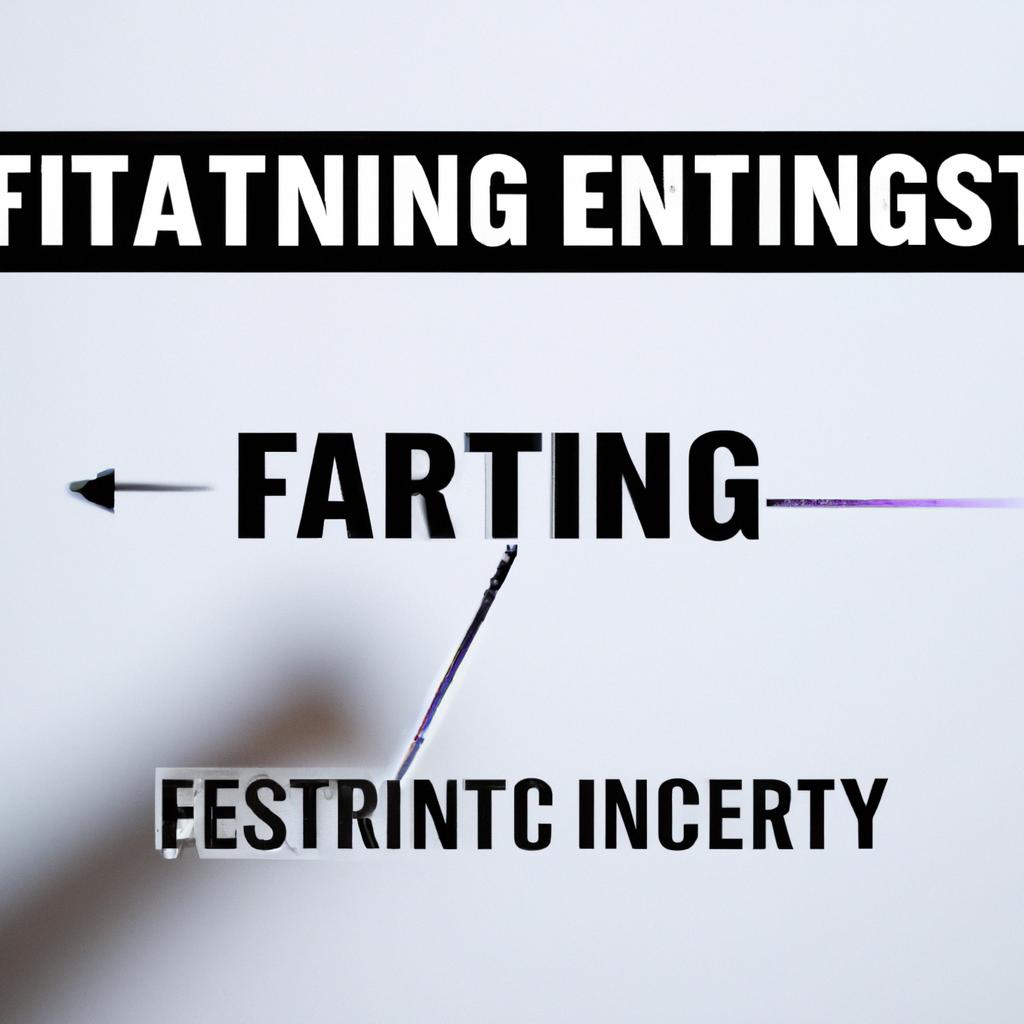

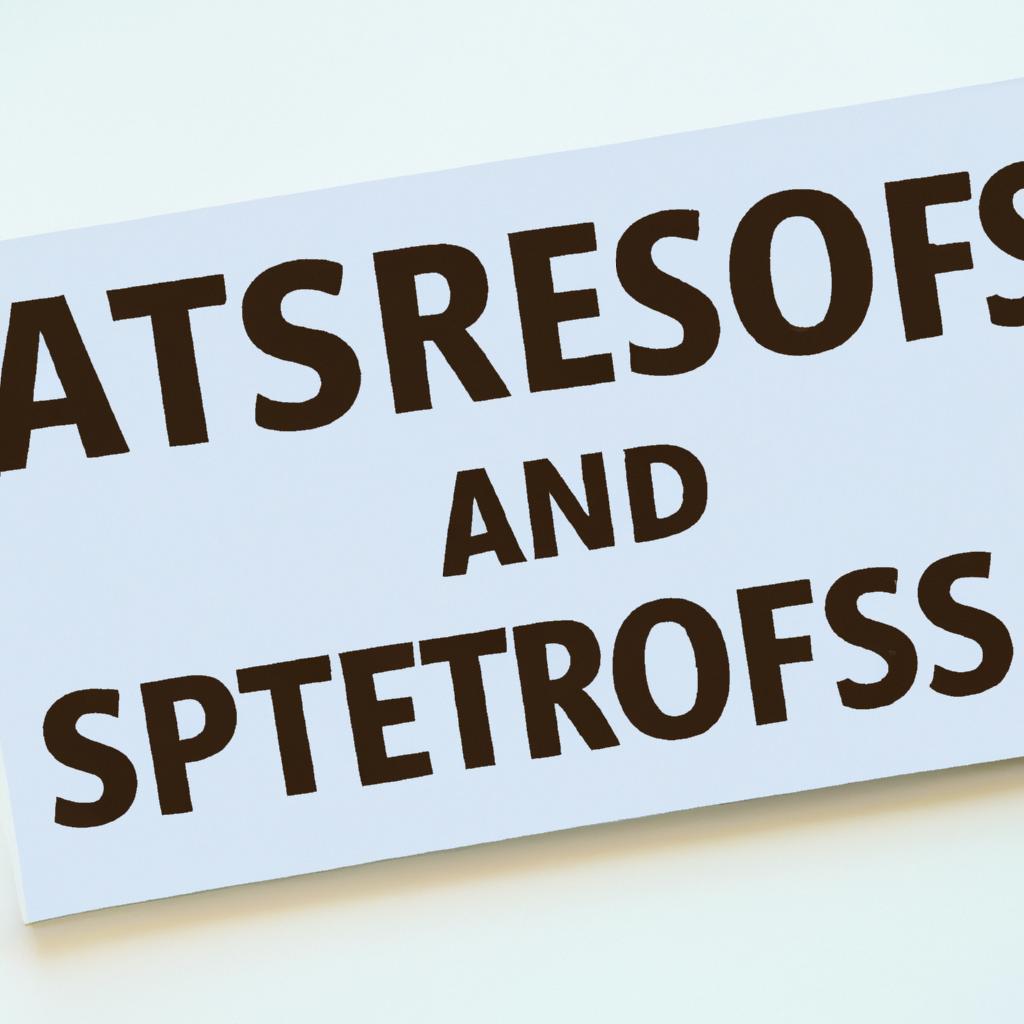





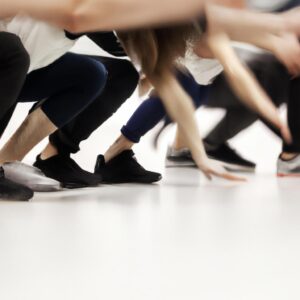
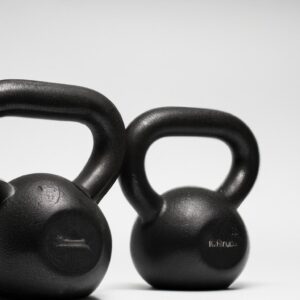
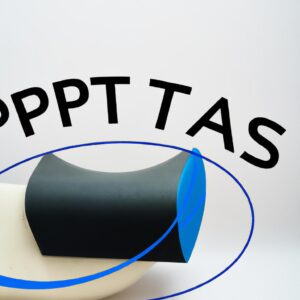
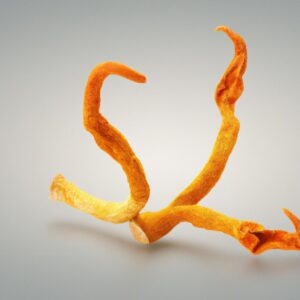


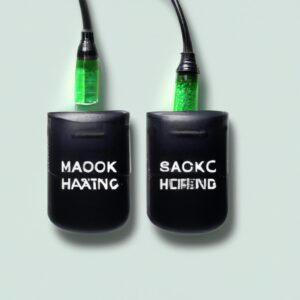
Post Comment